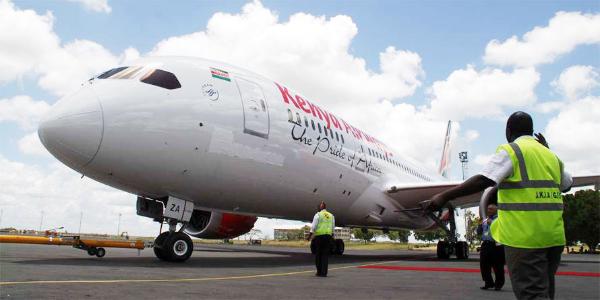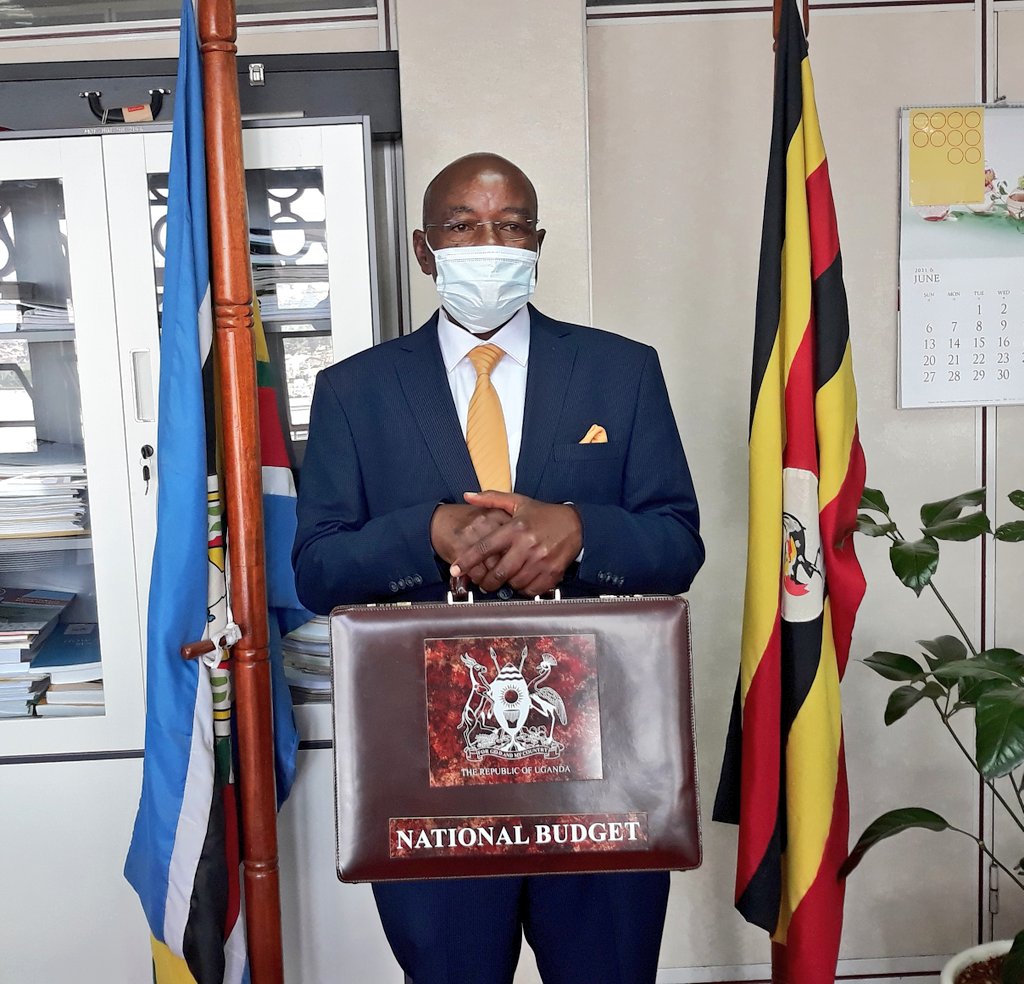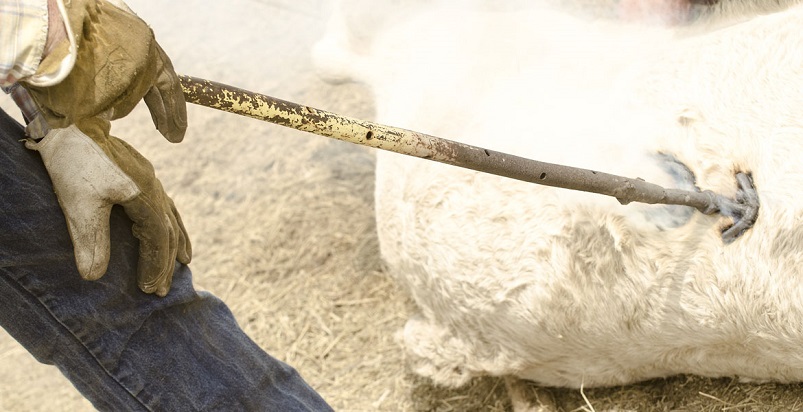A motor invention is set to change the lives of rural farmers and households across Uganda offering one in three solutions including transportation, pumping water, and electricity generation.
This innovative three-wheeler named “Bingwa,” which means champion in Swahili, is similar to the tuk-tuk and was created by a group of young kibuye-based innovators led by Rogers Mubiru under Kevoton Motions Engineering Ltd, which is incubated and supported by Kiira Motors.
Mubiru says the three-wheeler is powered by a highly efficient 0.8-liter 2-stroke engine, designed to provide a superior power-to-weight ratio compared to traditional 4-stroke engines. “The vehicle can transport up to 1,000 kilograms of goods, pump an impressive 6,000 liters of water per hour for irrigation, and generate 6 kilowatts of electricity every hour.
These features are poised to address some of the most pressing challenges faced by farmers and rural households,” said Mubiru. Mubiru mentioned that they conceived the concept for this product back in 1998. He further explained that their idea was left hanging until they attended an exhibition and started working with Makerere University and eventually Kiira Motors.
With a product in hand, Mubiru added that Bingwa can lead to rural transformation if it is integrated into several agriculture-supporting initiatives like the Parish Development Model. “We hope that this development will lead to an offtake of 600 units, which can be deployed in different sub-counties across the country to enable households to improve their livelihood,” Mubiru added.
In Uganda, 90 percent of the population lives in rural areas while 80% of the households are involved in agriculture according to the Uganda National Population and Housing Census of 2014. However, only 2.9 percent of the households use irrigation on at least one plot for the first season and 2.4% for the second season. Just 19 percent of households are estimated to have access to electricity for lighting on the backdrop of an electricity distribution access of 51 percent.
Dr. Monica Musenero, the Minister for Science, Technology, and Innovation (STI), views this innovation as a solution to some of Uganda’s most urgent problems and recognizes that addressing household challenges is crucial for promoting economic development.
“Mobility is a fundamental component for rural development, connecting people to opportunities, services, and resources necessary for their well-being and economic progress. Electricity plays a transformative role in rural agrarian communities by boosting agricultural productivity, improving living conditions, enhancing education and healthcare, and enabling economic diversification,” said Dr. Musenero looking at the three functions (mobility, electricity, and irrigation) the Bingwa can be able to execute.
Musenero emphasized that Uganda is lagging behind in terms of innovation and must therefore exert extra effort to bridge the gap with other continents. She made a commitment to offer the necessary support to innovators in order to facilitate the creation of such products. The three-wheeler is anticipated to be unveiled in Kitgum by President Museveni as part of the activities commemorating Uganda’s 61st year of independence.
Allan Muhumuza, the Mobility Team Leader at the STI Secretariat added that the success of the project has enabled the government to validate an incubation model where a budding innovator, especially in the informal sector is placed under the mentorship of an anchor enterprise like Kiira Motors. “This enables us to transfer skills, utilize existing infrastructure, create institutional capacity, and foster synergies towards industrialization,” he explained.
According to Albert Akovuku, the Director of Production at Kiira Motors, 55 percent of the parts used to make Bingwaare were made locally and many can be made by independent suppliers in the automotive industry value chain thereby making the case for localization and value addition of products.
“The key parts which have been locally made are the engine, the chassis, the frame and the body panels…Specifically, 70 out of 128 parts have been made locally. Mass production will be at the Kiira Vehicle Plant in Jinja with an initial capacity of 1,000 units per year growing to 4,000 per year in the medium term,” Akovuku added. Bingwa, which operates on diesel fuel, is projected to cost Shillings 28 million. This cost is notably less than what an individual would typically spend if they were to purchase a regular tuk-tuk, a water pump, and a power generator separately.
-URN





